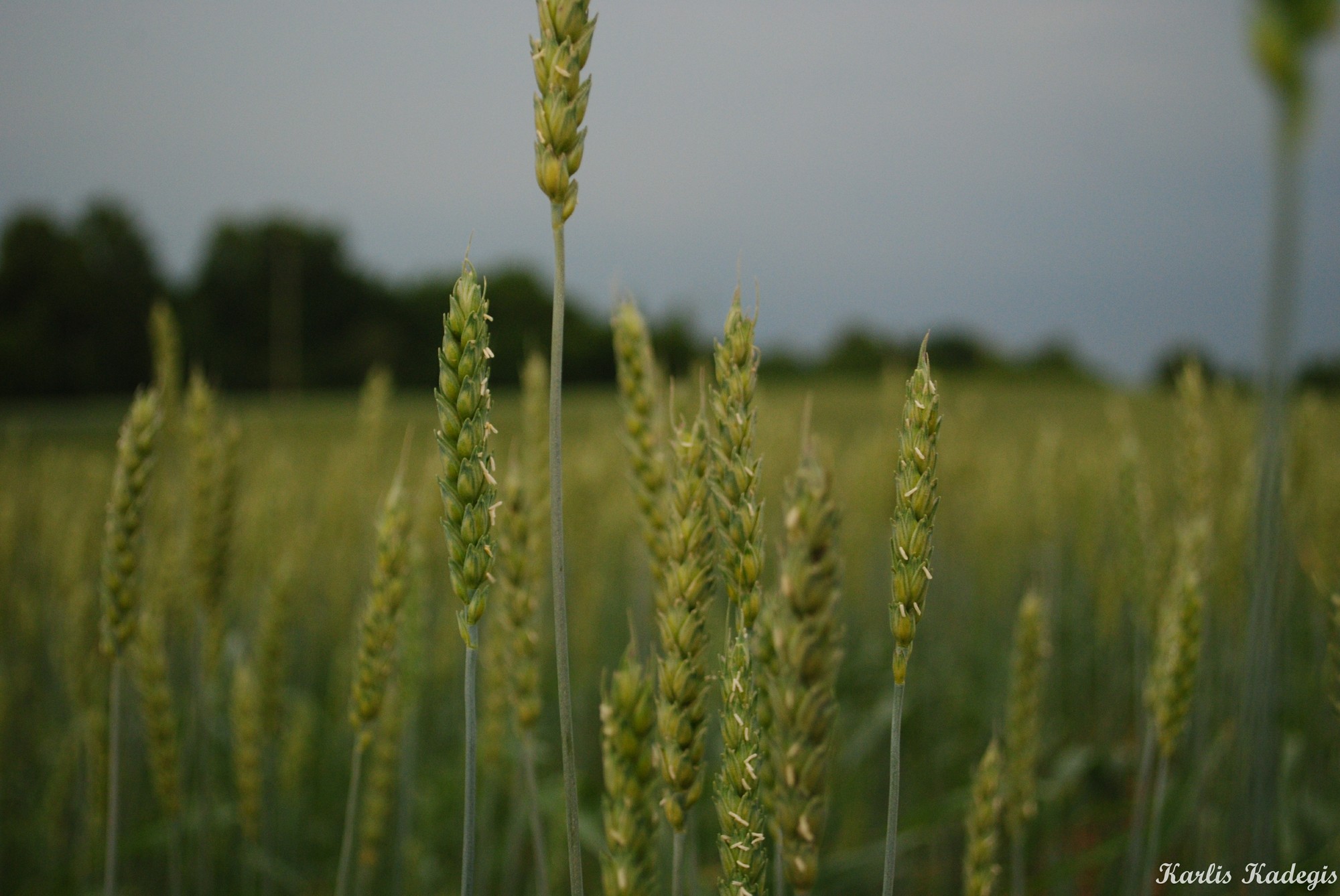We’ve all heard of cardiologists, botanists and marine biologists, a selection of terms that come under the umbrella of careers in science. Mike Davies is an agronomist. This is a job title that few have heard of. In this interview, Mike explains all about his profession that has a vital part to play in both the agricultural and food industries.
What is an
agronomist? What does the job entail?
Basically, I work as a consultant and product supplier for farmers in Herefordshire and Worcestershire. I look after arable crops for my customers and advise them on how to get the best yield through using the correct pesticides, nutrition, cultivations and seed.
What educational
and career steps did you take to become an agronomist?
I went down the standard route of A levels before going to Holme Lacy Agriculture College to complete a National Diploma in Agriculture. I then went off to work on a large arable business to gain practical experience, before joining my current employers as a trainee Agronomist. Here the company put me through the legally required qualifications (FACTS and BASIS) at Harper Adams University in order to become a fully qualified Agronomist.
Why did you
choose this career path?
I have always had an interest in agriculture and the science behind it, really. However from an early age I realised that I wouldn’t be able to afford to own or rent my own farm in the near future. So I guess that Agronomy had always been my preferred alternative. I have been doing this job for over seven years now and enjoy every minute of it.
What do you like
about your job?
I like being outside all the time and interacting with customers. The science behind growing crops is very in-depth, and new challenges rear their heads each year, so it keeps me on my toes. The pesticide chemistry is evolving all of the time and you have to be at the forefront of it in order to legally and correctly select the right product to counteract the problem in front of you whether it be disease, pests or weeds. I enjoy this challenge and so far I have managed to be fairly successful.
Is there
anything about your job that you dislike?
Farmers are an interesting bunch and can be very difficult to deal with. They generally plead poverty and don’t want to spend money unless they really have to. However more often than not they have more money than you or I ever will!
The most frustrating thing about my job though is dealing with the general public’s perception of pesticides. It is a dirty word in most people’s eyes however they are as safe now as they ever could be. European law on pesticides is about one hundred times stricter than the US, to the point where our product armoury is shrinking more than it necessarily needs to be through revocations. Without pesticides, half the world would starve and unfortunately the general public don’t understand this.
-
Describe a
typical work day for you?
I generally go into the office first thing in the morning for an hour or two to do some paperwork. Then I spend the rest of the day out looking at crops and advising customers. During the winter when it is quiet my standard day is 8-5 and most days are filled up with technical meetings. Throughout the spring and early summer, during the growing season, my days become very busy and can be up to fourteen hours long. I am responsible for looking after approximately ten thousand acres of land. To give you a scale to measure that figure against, it is equivalent to about ten thousand football pitches.
Do you have any
tips for students aspiring to go into the same career?
I would highly recommend that you find some practical experience alongside your academic qualifications. You need to be able to relate to farmers and their farming practices through practical knowledge and you will learn a lot of this out in the fields. If you are at university studying biology and have an interest in plants and agriculture, then you should definitely consider agronomy as a career.
Did you consider
any other careers?
I did consider many other careers. However all of them were linked to agriculture. Farm management was a serious consideration but I am very pleased with the choice I made.
What advice
would you give your student self with hindsight?
Honestly, I should have chosen a more targeted qualification to agronomy as I already knew that I wanted to follow that path and that there were courses available. This may have allowed me to enter the industry earlier than I was able to. However I did make it, so it is not the end of the world if you are not 100 per cent certain on your career path when studying. If you’re not sure there always alternative routes into your career of choice.





Add Comment